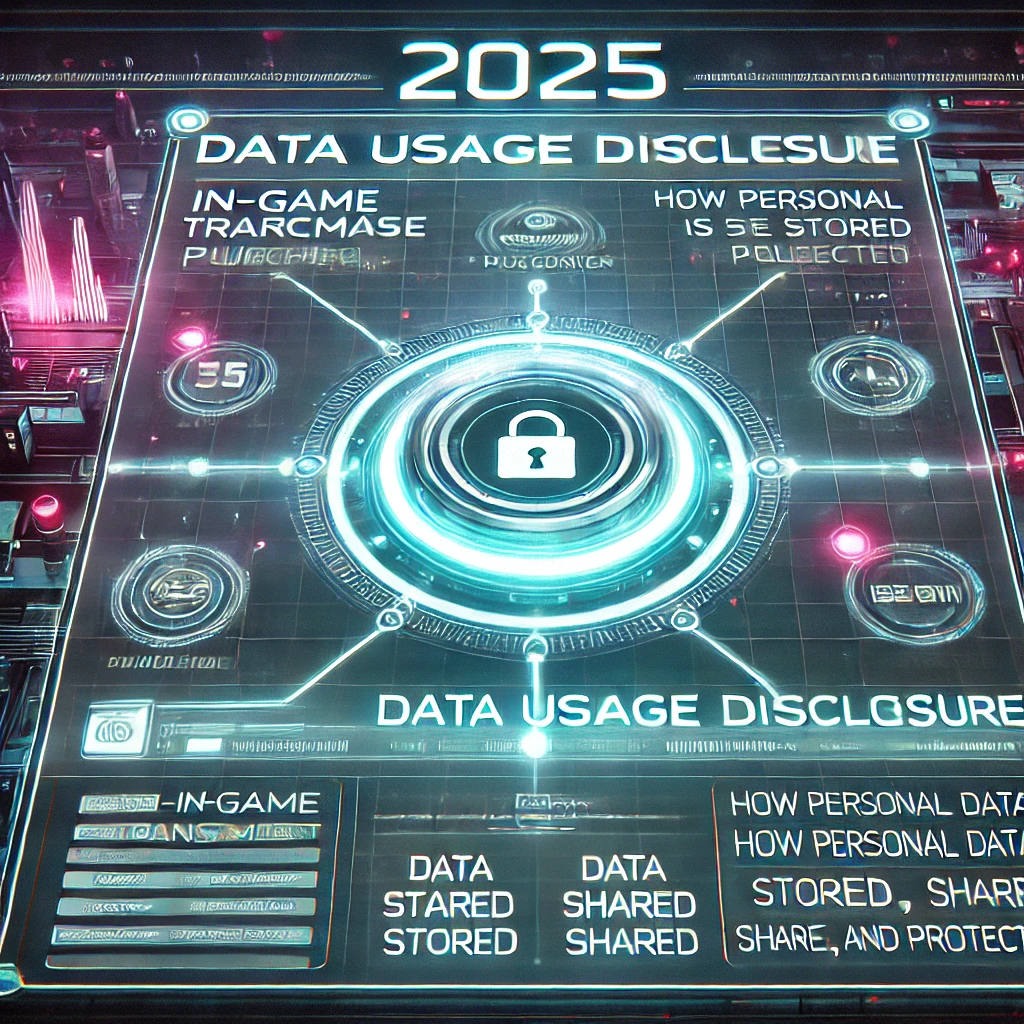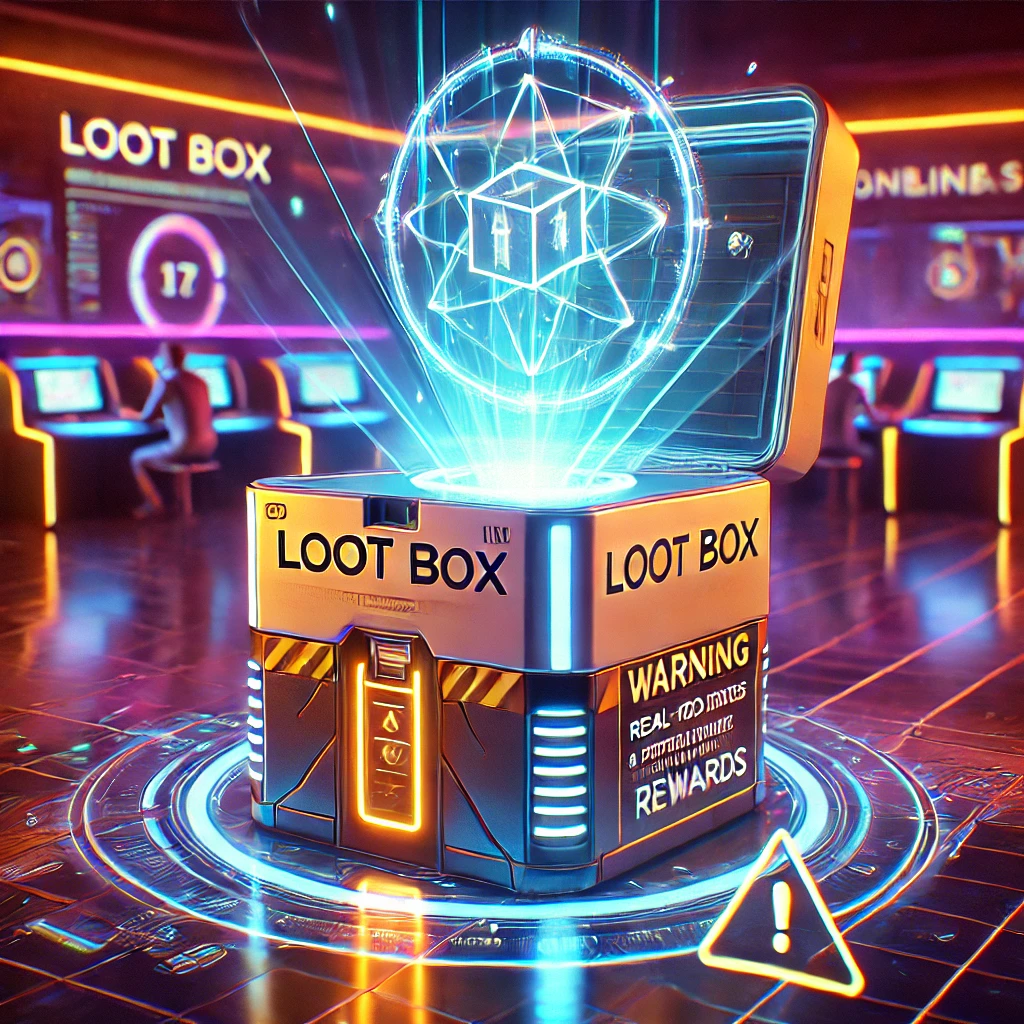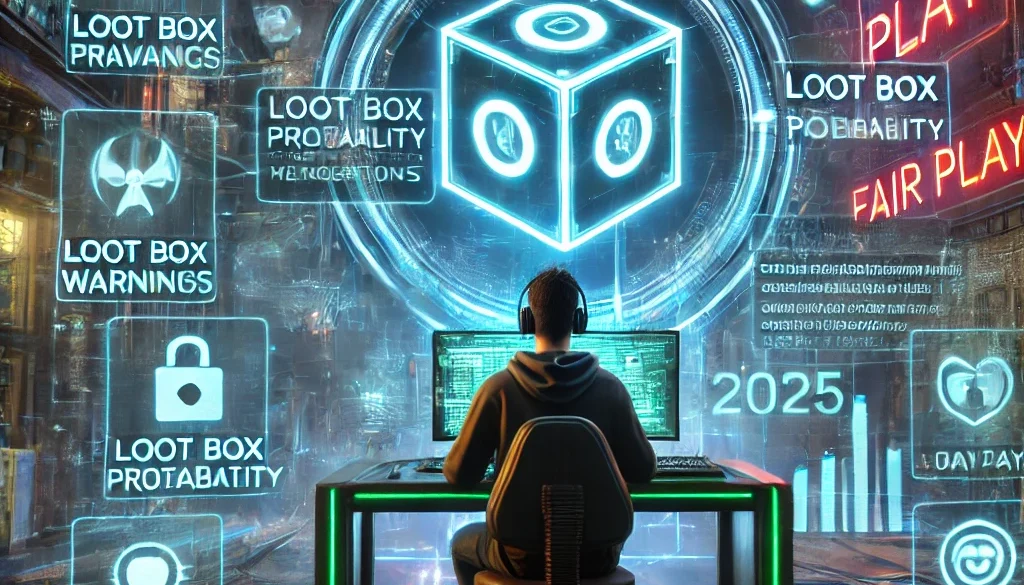Policy-Led Changes in Gaming: Navigating New Regulations in 2025
Hey there, fellow gamers and developers! The gaming universe is undergoing significant transformations in 2025, with new regulations reshaping our digital adventures. From data privacy crackdowns to loot box controversies and content restrictions, let’s embark on this journey to understand how these policy-led changes are impacting the gaming industry.
Catch a support chair or something, for this Reaper is going to change tones and sing you poetry.
Data Privacy Laws: Protecting Our Digital Footprints
In an era where our lives are increasingly intertwined with the digital realm, safeguarding personal information has become paramount. Governments worldwide are implementing stricter data privacy laws to ensure that our data isn’t misused or mishandled. The gaming industry, which collects massive amounts of user data, is being forced to rethink its strategies to align with these legal frameworks.
United States Data Protection Act
The U.S. has long been a battleground for data privacy debates, with tech giants frequently facing scrutiny over how they handle user data. The Data Protection Act of 2025 introduces stricter guidelines for gaming companies. Developers must now obtain explicit consent before collecting any personally identifiable information (PII), and failure to comply could result in hefty fines. A new requirement is the mandatory Data Protection Officer (DPO) role in gaming firms, ensuring compliance with regulations.
One of the most controversial aspects of this law is the restriction on tracking in-game behavior for targeted advertising. Many free-to-play games rely on personalized ads, but new rules mandate clear opt-in permissions. This change is set to shake up revenue models in the industry, leading companies to explore alternative monetization methods such as subscription-based gaming and ethical advertising.
Developers have responded by investing heavily in first-party data solutions that rely on aggregated, anonymized insights rather than individual tracking. This shift has also led to an increased focus on contextual advertising, where ads are served based on game genre and user activity rather than personal data.
Another challenge arises with cross-platform data sharing. Many games rely on cloud saves and cross-progression features, but under the new law, users must be given explicit control over what data is stored and transferred. This has resulted in an overhaul of cloud gaming services, ensuring encryption and stricter access controls.
Japan’s APPI Update
Japan is known for its strict data protection laws, and in 2025, it further strengthened the Act on the Protection of Personal Information (APPI). This update requires companies to obtain consent before processing user data, with a special focus on gaming platforms that collect real-time user analytics. If a game involves any biometric tracking (e.g., eye movement for VR games), the developer must now provide a detailed explanation of how the data will be used and stored.
Additionally, under the new APPI rules, users have the right to request the deletion of their gaming history. This has led to major publishers, such as Nintendo and Sony, rolling out updated privacy settings that allow gamers to control their digital footprints more effectively.
A major challenge developers now face is balancing player analytics with privacy laws. Many multiplayer games rely on user data to improve matchmaking, detect cheating, and enhance the overall experience. The new laws require companies to use on-device processing wherever possible, meaning AI and analytics tools must run locally rather than in the cloud.
Japan’s new Player Data Safety Initiative also enforces age-specific data collection limits, meaning online games targeting minors must limit personalized advertising and disable social media tracking by default. This has significantly affected mobile game publishers who previously relied on these tools to enhance engagement.
European Union’s GDPR Enhancements
The EU General Data Protection Regulation (GDPR) has been a gold standard for data privacy, but a 2025 update now enforces real-time transparency reports for online games. Companies like Ubisoft and Activision Blizzard are required to notify users within 24 hours if their data is accessed or altered. Additionally, fines for breaches have increased to €30 million or 4% of global revenue, whichever is higher.
For developers, this means investing in top-tier cybersecurity and user data encryption. For gamers, it ensures better protection against data breaches and unwanted surveillance.
One unintended consequence of these laws is the rise of privacy-focused indie games that use minimal data collection, catering to a growing audience that values anonymity. Some developers have introduced offline modes to avoid the complexities of compliance altogether.
A newly introduced Right to Transparency Clause requires that all in-game purchases display the full data usage disclosure before completion, ensuring players understand how and why their transaction data is stored.

Loot Boxes: The Gamble Within the Game
Loot boxes have been a staple of modern gaming monetization, but they’ve also been heavily criticized for promoting gambling behaviors. Regulators worldwide are tightening restrictions, forcing developers to rethink their approach to in-game rewards.
Australia’s Regulatory Measures
Australia has taken an aggressive stance on loot boxes, linking them to gambling addiction in younger players. A 2025 study published in the Journal of Behavioral Addictions found that players who regularly purchased loot boxes showed increased anxiety and compulsive spending tendencies. In response, the Australian Classification Board now requires all games with loot boxes to carry a minimum “M” rating, while games with heavy gambling mechanics are automatically classified as “R 18+.”
Additionally, developers must now offer alternative in-game progression methods that do not rely on microtransactions. This has led to a revival of traditional unlock systems, where players earn rewards based on skill and time investment rather than chance.
FTC’s Crackdown in the U.S.
The Federal Trade Commission (FTC) has taken a firm stance against exploitative loot box mechanics. In a high-profile case, Genshin Impact’s publisher Cognosphere was fined $20 million for using deceptive advertising and undisclosed drop rates. As part of the settlement, all game developers are now required to disclose loot box odds in real-time, with clear percentage breakdowns before a purchase is made.
Many AAA developers, such as Electronic Arts (EA) and Activision Blizzard, are now moving toward battle pass systems rather than randomized loot boxes. This shift marks a broader industry transition toward ethical monetization. Fortnite and Apex Legends have proven that seasonal progression models can generate consistent revenue without resorting to gambling mechanics.
The Fair Play Transparency Act now mandates that game developers provide an annual breakdown of revenue earned through loot box sales and disclose how much of it is generated by users under 18. This move aims to prevent predatory monetization tactics.

The Future of Gaming Regulations
The gaming industry is at a crossroads, where developers must navigate an increasingly complex legal landscape while maintaining creativity and profitability. Stricter data privacy laws, ethical monetization practices, and content regulations are reshaping the way games are developed and played.
As gaming evolves, both developers and players must stay informed about these changing policies. By embracing responsible gaming practices, we can ensure that gaming remains a safe, fair, and enjoyable experience for everyone. Game on!
References:
- European Commission – GDPR Updates 2025: https://ec.europa.eu/info/law/law-topic/data-protection_en
- Federal Trade Commission (FTC) – Loot Box Regulations: https://www.ftc.gov/news-events
- Australian Classification Board – Gaming and Gambling Policies: https://www.classification.gov.au
- Journal of Behavioral Addictions – Study on Loot Boxes and Gambling Addiction: https://akjournals.com/view/journals/2006/2006-overview.xml
- Japan’s Personal Information Protection Commission (PPC) – APPI Updates 2025: https://www.ppc.go.jp/en/
- United States Congress – Data Protection Act of 2025: https://www.congress.gov
- Ubisoft and Activision Transparency Reports: Check official company reports at https://www.ubisoft.com and https://www.activisionblizzard.com
Discover more from Ge-erdy Verse
Subscribe to get the latest posts sent to your email.



